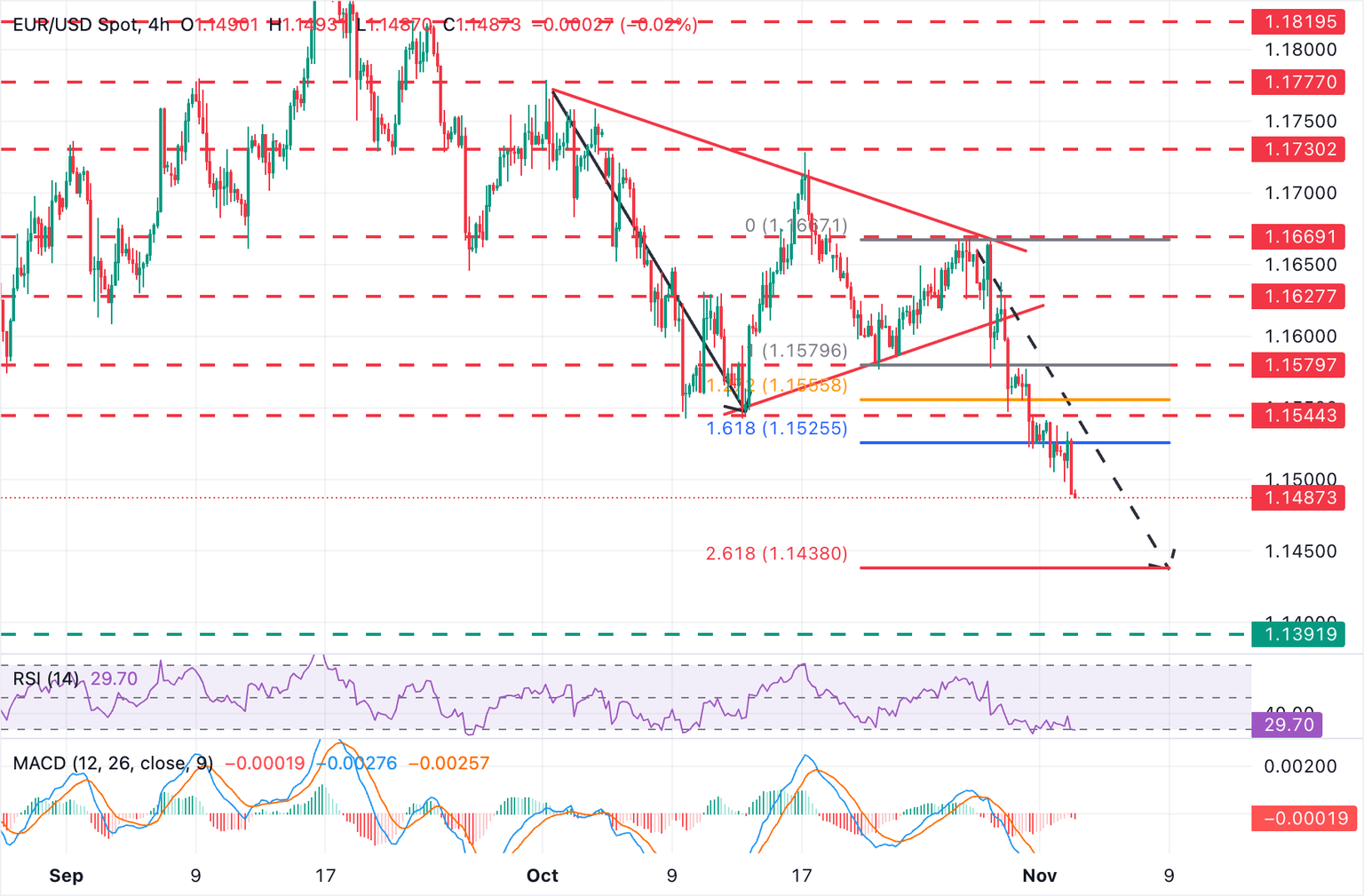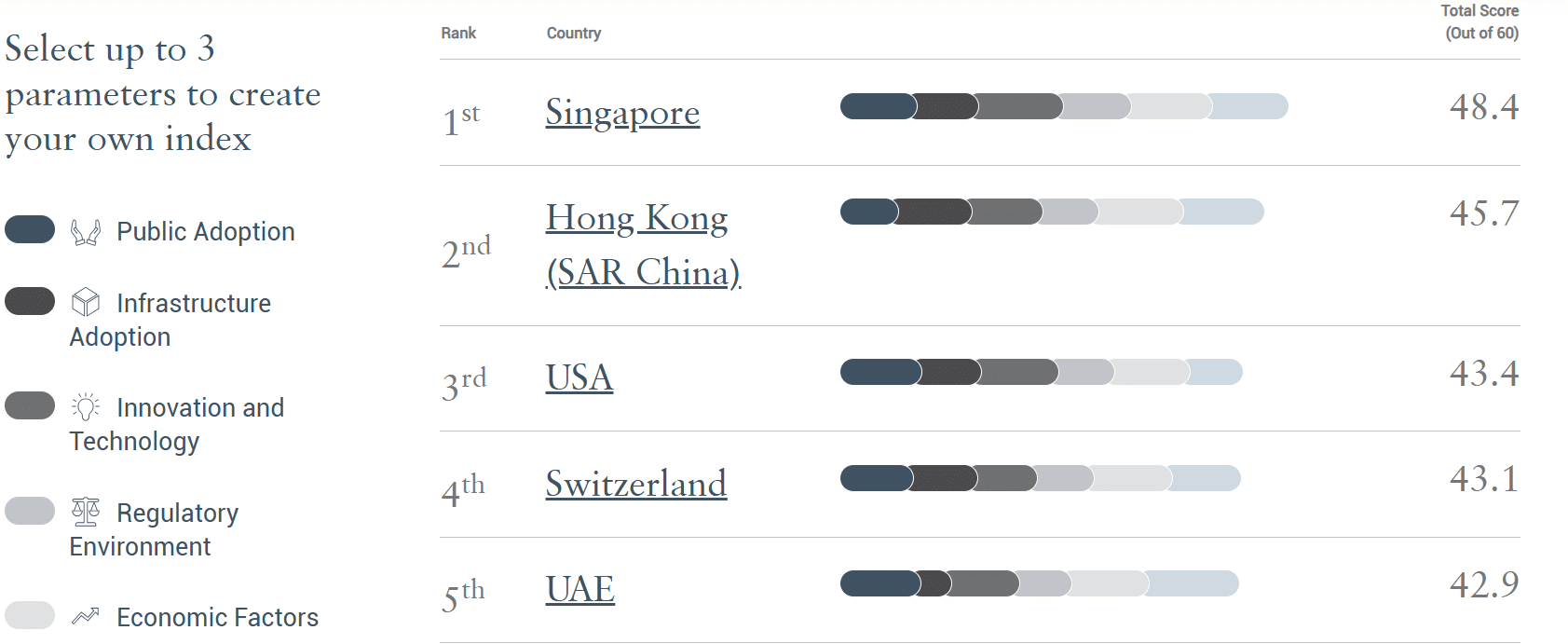SEC Commissioner Drops a Bold Bombshell: Could Blockchain Unlock the Financial Privacy We’ve All Been Craving?
Privacy in finance used to mean tossing a few coins into your pocket without Big Brother watching. Now? It’s a digital minefield where your every move can feel like it’s under a microscope. Enter Hester Peirce, the U.S. SEC Commissioner who’s stirring the pot by challenging the very frameworks like the Bank Secrecy Act that were supposed to protect us — but instead, they’ve ushered in what she calls “unwarranted financial surveillance.” It’s a bold stance, especially coming from someone entrenched in the regulatory machine. Peirce isn’t just waving a flag for crypto and blockchain aficionados; she’s advocating for a shift in how regulators think about privacy tools — not as threats, but as essential shields for legitimate users. The real question is: can the old guard adapt fast enough before privacy becomes the new crime? Strap in, because this debate might just redefine the future of financial freedom. LEARN MORE

Key Takeaways
SEC’s Hester Peirce has criticized centralized third parties and regulatory frameworks, including the Bank Secrecy Act, for the unintended impact of ‘unwarranted financial surveillance.’
U.S SEC Commissioner Hester Peirce has thrown her support behind financial privacy tech leveraging blockchain and crypto protocols. In a statement on 4 August, Peirce acknowledged that centralized regulators like the SEC fear losing control of user data to track the bad actors.
However, she urged regulators to embrace privacy tools to allow legitimate citizens to live without ‘unwarranted financial surveillance.’
“Rather than something to be feared, we should embrace these tools’ ability to help humanity live freer lives without unwarranted financial surveillance.”
She added,
“People use these tools for bad purposes, too, but treating technology as the villain will impinge on legitimate users’ privacy.”
Call for review of the Bank Secrecy Act
Peirce mentioned the Bank Secrecy Act (BSA), which seeks to curb money laundering, as one of the drivers of surveillance. Beyond privacy, the high cost of compliance and reporting of users’ financial transactions calls for a timely review of the BSA, she added.
“Questions about the cost, usefulness, and privacy implications of the BSA make reforming the BSA a timely topic.”
The commissioner concluded that there should be concerted efforts to ensure the ability to communicate and share value privately.
“We should take concrete steps to protect people’s ability not only to communicate privately, but to transfer value privately, as they could have done with physical coins in the days in which the Fourth Amendment was crafted.”
As expected, several crypto leaders and advocacy groups seem to be in support of her position.
In fact, Coinbase’s Legal Chief Paul Grewal took issue with the KyC (know your customer) requirement under the BSA. He stated,
“Governments are unnecessarily forcing companies to collect and transfer vast sums of sensitive customer data, and the customers hate it.”
Coinbase’s CEO also agreed with Grewal, adding that BSA is designed for the paper-based era, not the current digital world.
For his part, Peter Van Valkenburgh, Executive Director at advocacy group Coin Center, added that most of the federal laws are being abused at the expense of legitimate users.
Is privacy a crime?
The debate follows the ongoing prosecution of developers of privacy tech and crypto mixers like Samourai Wallet and Tornado Cash.
Should the regulators go after bad actors using privacy tech or the developers of the platform? Is privacy a crime? Well, these are some of the unanswered questions across Crypto Twitter after Samourai Wallet founders Keonne Rodriguez and William Lonergan Hill pleaded guilty last week.
The outcome of the ongoing trial of Tornado Cash’s Roman Storm will help answer the aforementioned questions.
It remains to be seen whether the renewed pushback from the agency and other crypto leaders will influence the legal outcome.




















Post Comment